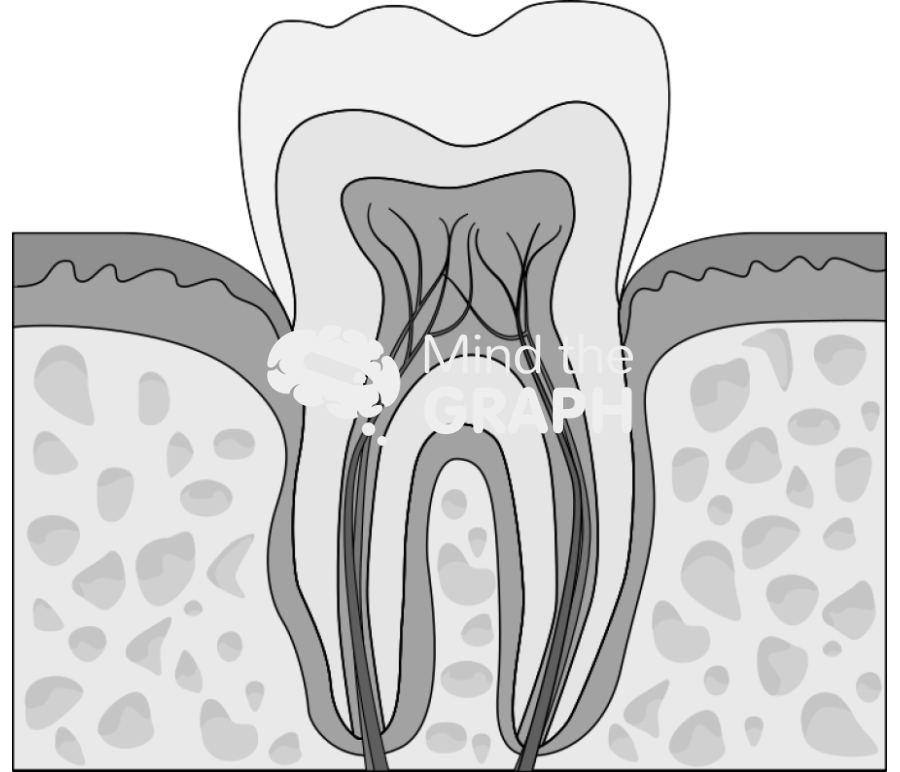Cold Teeth Pain: Easy Remedies For Sensitive Teeth
The sudden, sharp sting of cold teeth pain can be debilitating, making even the simplest tasks like eating or drinking a painful experience. Tooth sensitivity, often triggered by cold temperatures, is a common complaint that affects millions of people worldwide. The good news is that there are several easy remedies and strategies to help alleviate sensitive teeth and reduce the discomfort associated with cold teeth pain.
Understanding Tooth Sensitivity
Tooth sensitivity occurs when the enamel, the hard outer layer of the tooth, is worn away or damaged, exposing the underlying dentin. Dentin contains tiny tubules that lead to the pulp, the soft tissue inside the tooth containing nerves and blood vessels. When cold temperatures or other stimuli come into contact with the exposed dentin, they can trigger a pain response, resulting in cold teeth pain.
Easy Remedies for Sensitive Teeth
- Desensitizing Toothpaste: Using a toothpaste specifically designed for sensitive teeth can help block the dentin tubules, reducing pain and discomfort. Look for toothpastes containing ingredients like potassium nitrate or strontium chloride, which have been shown to be effective in reducing sensitivity.
- Fluoride Mouthwash: Rinsing with a fluoride mouthwash can help strengthen tooth enamel, reducing sensitivity over time. Fluoride helps to repair and rebuild the enamel, making teeth less susceptible to temperature changes.
- Salt Water Rinse: Rinsing with warm salt water several times a day can help reduce inflammation and kill bacteria that may be contributing to tooth sensitivity. Mix 1 teaspoon of salt with 8 ounces of warm water and swish the solution around in your mouth for 30 seconds before spitting it out.
- Cloves and Clove Oil: Cloves have been used for centuries to alleviate tooth pain, including sensitivity. The active ingredient, eugenol, has natural analgesic and anti-inflammatory properties, making it an effective remedy for cold teeth pain. Apply a few drops of clove oil to a cotton ball and place it against the affected tooth or gum.
Lifestyle Changes to Reduce Tooth Sensitivity
In addition to these easy remedies, making a few simple lifestyle changes can help reduce tooth sensitivity and alleviate cold teeth pain:
- Use a Soft-Bristled Toothbrush: Avoid using hard-bristled toothbrushes, which can damage the enamel and gums, exacerbating sensitivity.
- Avoid Acidic Foods and Drinks: Limit your consumption of acidic foods and drinks, such as citrus fruits, soda, and sports drinks, which can erode tooth enamel and increase sensitivity.
- Practice Good Oral Hygiene: Brush and floss your teeth regularly to prevent the buildup of plaque and bacteria, which can contribute to tooth sensitivity.
- Avoid Grinding and Clenching: Grinding and clenching your teeth can put excessive pressure on the teeth and gums, leading to sensitivity. Practice relaxation techniques, such as meditation or deep breathing, to help manage stress and reduce grinding and clenching.
When to Seek Professional Help
While these easy remedies and lifestyle changes can help alleviate cold teeth pain, it’s essential to seek professional help if you experience:
- Severe or persistent tooth sensitivity
- Pain when eating or drinking hot or cold foods and drinks
- Visible cracks or chips in the teeth
- Gum recession or bleeding
- Tooth decay or cavities
A visit to your dentist can help identify the underlying cause of your tooth sensitivity and provide personalized recommendations for treatment and management.
What are the most common causes of tooth sensitivity?
+Tooth sensitivity can be caused by a variety of factors, including worn or damaged tooth enamel, receding gums, tooth decay, cracks or chips in the teeth, and grinding or clenching the teeth.
How long does it take for desensitizing toothpaste to work?
+Desensitizing toothpaste can start to work within a few days to a week, but it may take up to 4-6 weeks to experience significant results.
Can I use a straw to drink cold beverages and reduce tooth sensitivity?
+Yes, using a straw can help reduce tooth sensitivity by minimizing contact between the cold beverage and the teeth. However, it's essential to drink slowly and avoid sucking the liquid through the straw, as this can still stimulate the nerves and cause pain.
In conclusion, cold teeth pain can be a debilitating and frustrating experience, but there are several easy remedies and lifestyle changes that can help alleviate sensitive teeth. By understanding the causes of tooth sensitivity and incorporating these simple strategies into your daily routine, you can reduce your discomfort and enjoy a healthier, happier smile.
